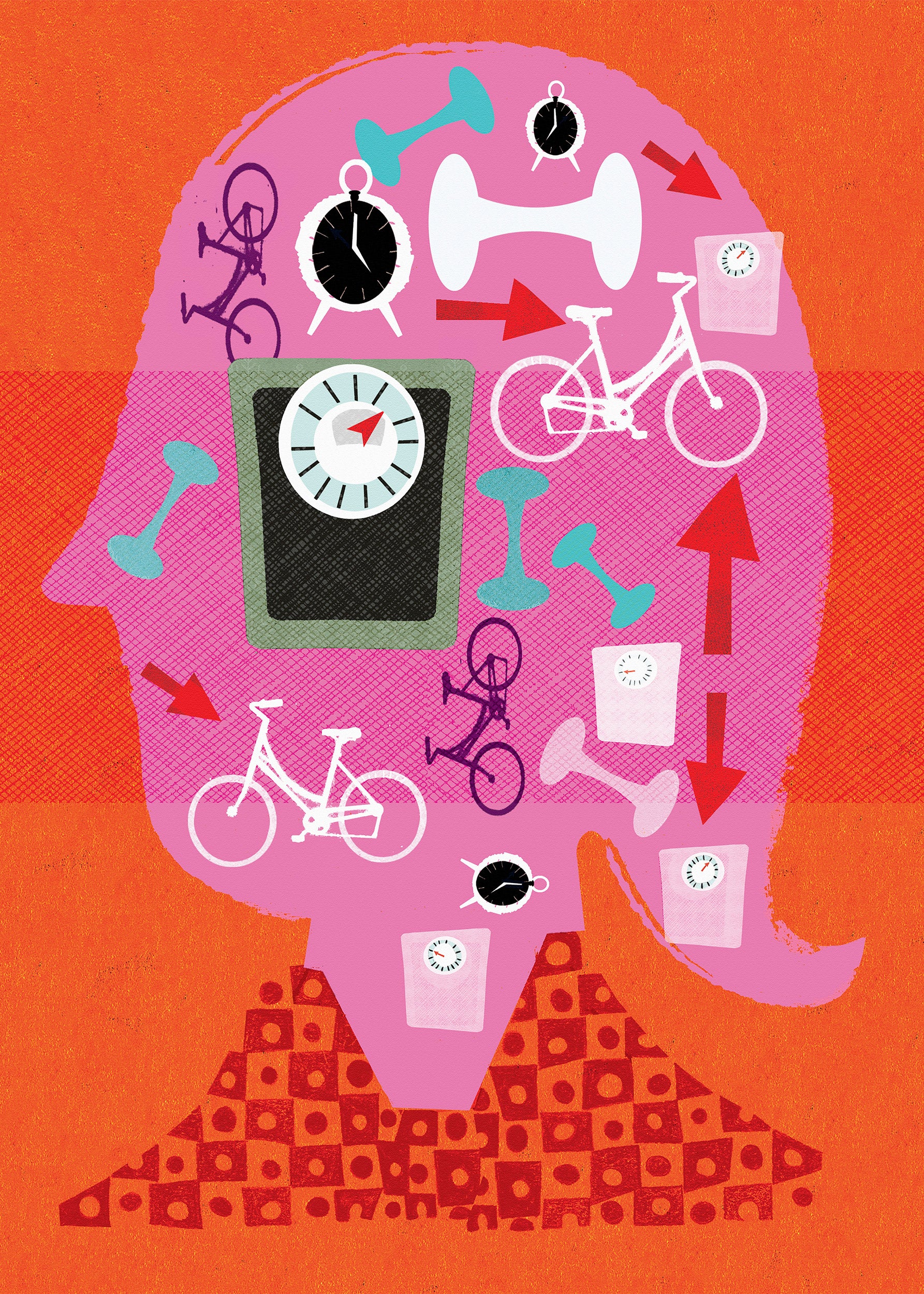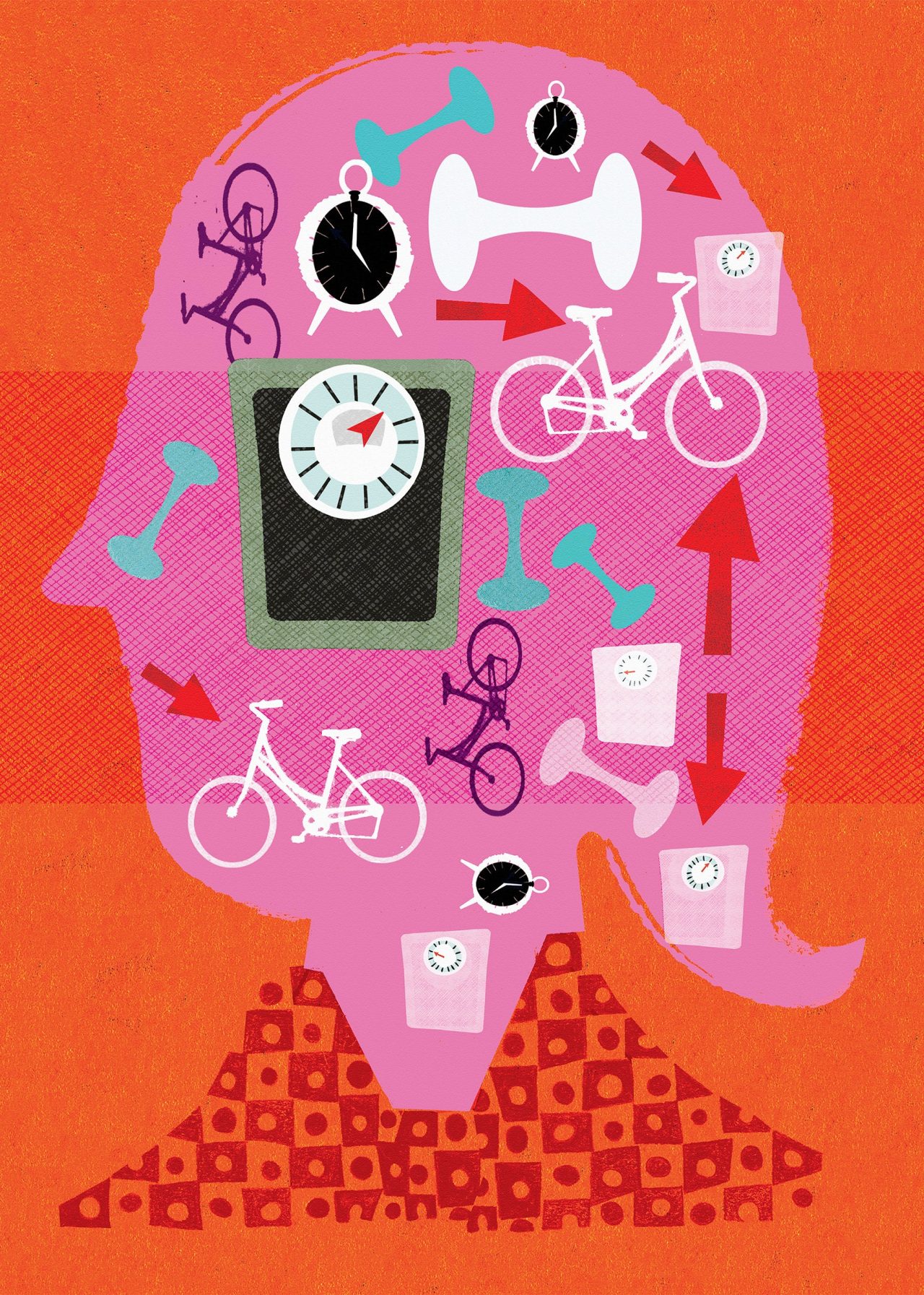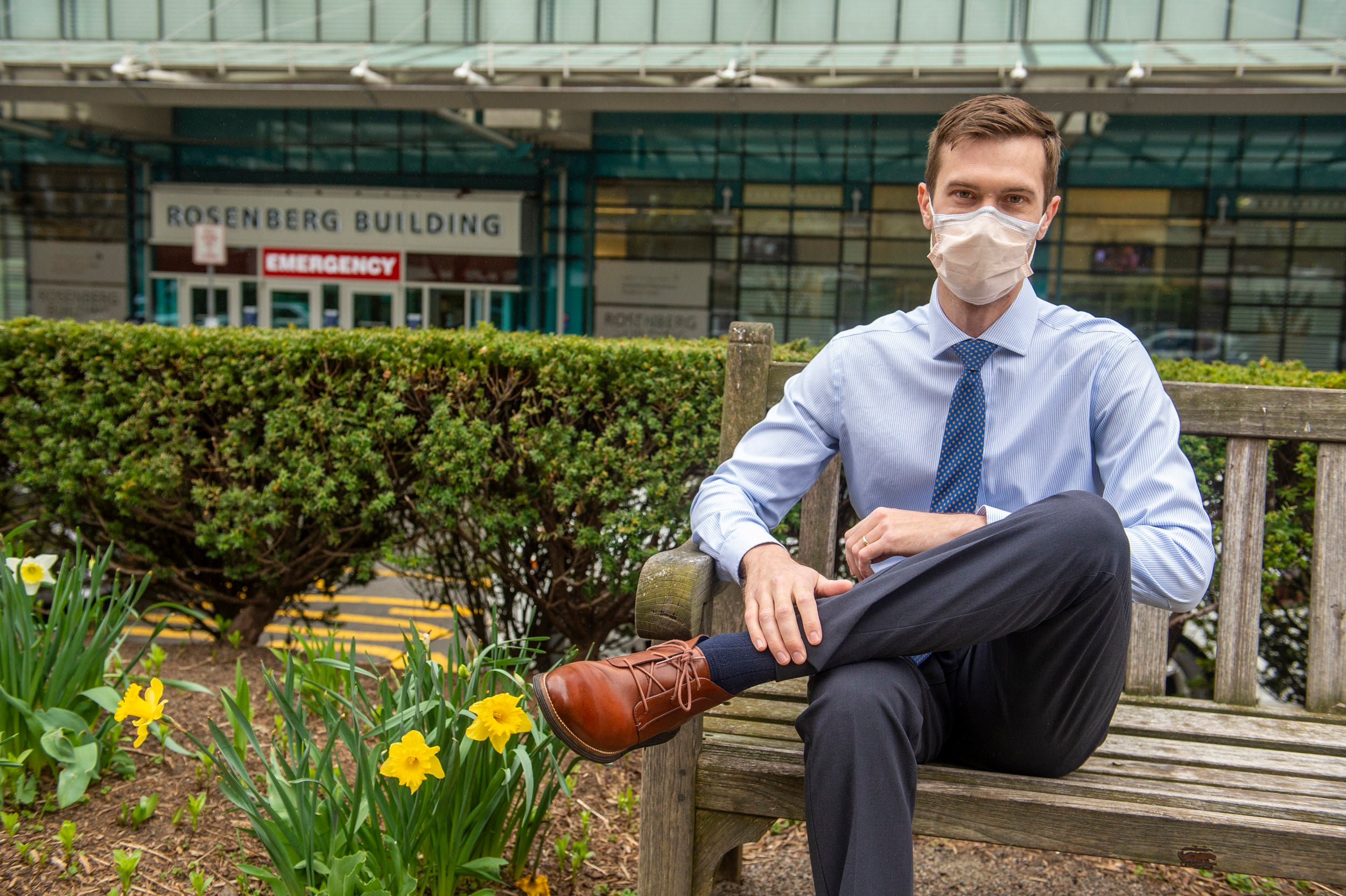Health
Lifestyle influences long COVID risk
Healthy body weight and adequate sleep top the list, according to data from Nurses’ Health Study

Illustration by Donna Grethen/Ikon Images
Women who followed most aspects of a healthy lifestyle, including healthy body weight, not smoking, regular exercise, adequate sleep, high quality diet, and moderate alcohol consumption, had about half the risk of long COVID compared with women without any healthy lifestyle factors, according to a study led by Harvard T.H. Chan School of Public Health.
“With ongoing waves of COVID-19, long COVID has created a serious public health burden. Our findings raise the possibility that adopting more healthy behaviors may reduce the risk of developing long COVID,” said Andrea Roberts, senior research scientist in the Department of Environmental Health and senior author of the study.
The study appeared online Monday in JAMA Internal Medicine.
More like this
It’s estimated that 8 million to 23 million Americans suffer from long COVID, which is defined as having COVID-19 symptoms four weeks or more after initial SARS-CoV-2 infection. Symptoms can include fatigue, fever, and a variety of respiratory, heart, neurological, and digestive symptoms.
The researchers analyzed data from more than 32,000 female nurses in the Nurses’ Health Study II, who reported on lifestyle in 2015 and 2017 and reported history of SARS-CoV-2 infection from April 2020 to November 2021.
During that time, more than 1,900 participants contracted COVID-19. Among these, 44 percent developed long COVID. Compared to women without any healthy lifestyle factors, those with five or six had 49 percent lower risk of long COVID. Among the six lifestyle factors, maintaining a healthy body weight and getting adequate sleep (seven to nine hours daily) were the ones most strongly associated with lower risk of long COVID. The results also showed that, even among women who developed long COVID, those with a healthier pre-infection lifestyle had 30 percent lower risk of having symptoms that interfered with their daily life.
The authors noted that one possible explanation for the associations they observed is that, based on prior research, an unhealthy lifestyle is associated with increased risk of chronic inflammation and immune dysregulation, which have been linked with increased risk of long COVID.
“In the past decades, scientists have accumulated evidence that healthy lifestyle is good for overall health. However, in the U.S. for example, 70 percent of the population do not have a healthy body weight and 30 percent do not sleep enough. Findings from this study suggest that simple lifestyle changes, such as having adequate sleep, may be beneficial for the prevention of long COVID,” said lead author Siwen Wang, research fellow in the Department of Nutrition.
Other Harvard Chan School authors included Yanping Li, Yiyang Yue, Changzhen Yuan, Jorge Chavarro, and Shilpa Bhupathiraju.
Support for the study came from NIH NICHD grant 3R01HD094725-02S1. Other support includes grants U01HL145386, R24ES028521, U01 CA176726, R01 CA67262, and R01 HD057368 from the NIH, the Dean’s Fund for Scientific Advancement Acceleration Award from Harvard Chan School, and Massachusetts Consortium on Pathogen Readiness Evergrande COVID-19 Response Fund Award.





